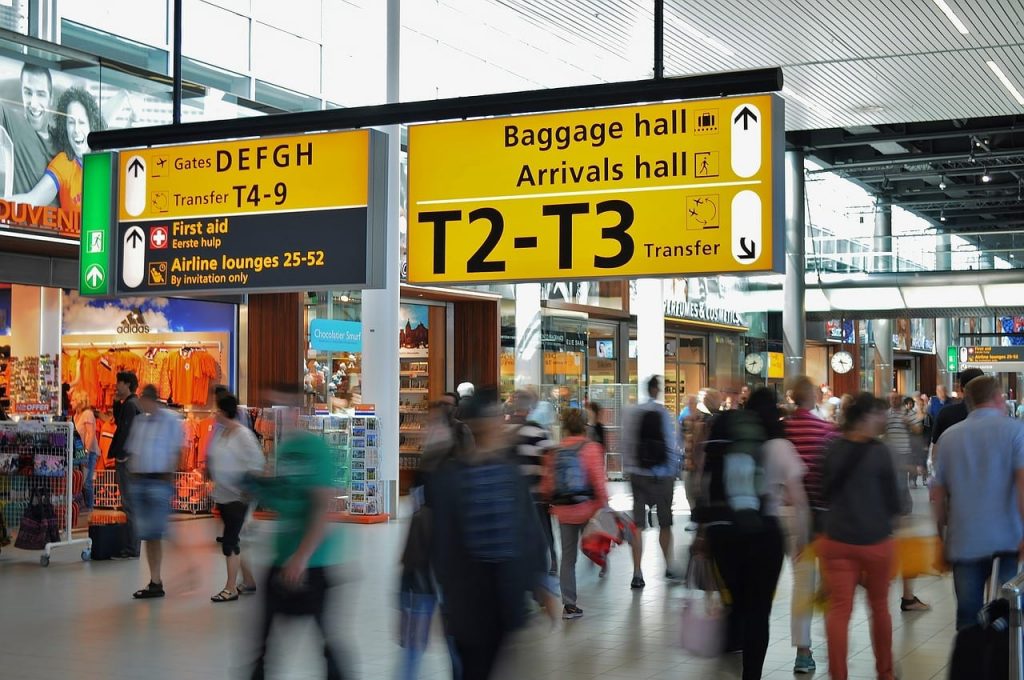While the situation in the world is still tense, we are already looking ahead. What will be the future of global mobility after COVID-19?
Many uncertainties
One thing is sure; there are many uncertainties and variables. We don’t have a crystal ball and the situation continues to change. So what we write in this blog may turn out to be very different in the long run. If that’s the case I offer my apologies in advance. But the best we can do is offer our educated opinion at this moment.
Long term assignments/local foreign hires
EU citizens and non-EU citizens with a highly skilled migrant, intra corporate transferee, researcher or student permit are still able to move here. Their partners and families are also welcome.
We have seen the numbers of new initiations increasing again after the Dutch borders gradually opened as from June 2020. There is a need for people to move to the Netherlands for the job.
Short term: Virtual assignments/remote working
However, may people see the advantages of working from home. And often companies see a financial advantage as well. Yet in some cases the financial advantage may become a burden; social security and tax obligations are in the country where one works, not in the country where one is under contract.
So if your employee is under contract with your Dutch entity but works from home in, let’s say, France, she/he will have her/his social security in France and will have to pay taxes there. Moreover, your corporate tax may be affected by employees working in a different country than where they are under contract. So please take this aspect into account when you consider virtual assignments or remote working across borders.
Then there is the more social aspect. People need other people in their environment to be happy and need to feel connected to their colleagues and company as a whole. Moreover, conversations are different when you only meet each other in virtual environments. Speaking for myself, I find this the toughest work-related change of the past months; I do speak to a lot of people in virtual meetings but the conversations never reach the level that used to be normal pre-COVID-19.
Will hybrid assignments/working be the future of global mobility?
I think a combination of virtual assignment/remote working and a number of short-term assignments/stays will bring the best of both worlds. As soon as travel becomes easier again, once the virus has been contained, I think we will see rising numbers of hybrid assignments.
In my eyes this will last until people feel it would be easier to move to another country after all. Assuming that we will defeat the COVID-19 virus, this process might take 2 to 5 years.
What does this mean for Anywr Netherlands?
We will still assist many people who come to the Netherlands for a long term assignment or because they found a job here.
Moreover we have developed short-term packages to fit the new reality. These are very limited packages that enable your employees to legally come to work and live in the Netherlands. The costs will be as limited as the scope of the package.
Interested to know or discuss more?
Please feel free to send me a message. I will be happy to plan a (virtual??) meeting with you.


